Tried-and-True Tips for Expanding Your Social Circle After 50

Making new friends doesn’t stop being important when we hit our fifties – in fact, it might matter even more! As we enter new life chapters like retirement or becoming empty nesters, our social needs evolve. Building connections keeps our minds sharp, our hearts full, and our days meaningful. These fifteen proven strategies will help you create a vibrant social life that matches your current interests and lifestyle.
1. Reconnect with Old Friends

Remember those people who attended your 30th birthday party? They’re just a phone call or message away. Old friendships often rekindle with surprising ease because you already share a history and understanding.
School reunions, alumni groups, and even social media platforms make finding former connections simpler than ever. You might discover that someone you enjoyed spending time with decades ago lives nearby or shares your current interests.
The beauty of reconnecting is that you can pick up conversations with context and comfort. These rekindled friendships often bloom quickly since they’re built on foundations that already exist, making them perfect starting points for expanding your circle.
2. Join Local Clubs or Groups
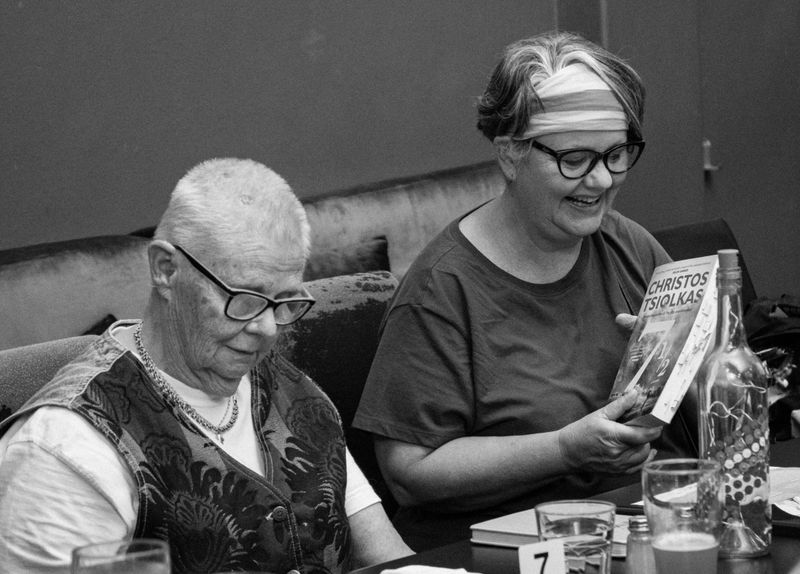
Local clubs offer instant community around shared passions. Whether you love books, gardening, hiking, or chess, there’s likely a group of enthusiasts meeting regularly in your area who would welcome you warmly.
The structure of regular meetings creates natural opportunities for relationships to develop gradually. You’ll see the same faces week after week, allowing conversations to build naturally over time.
Many members join specifically to meet others, so you won’t feel awkward about your social intentions. Check community bulletin boards, library announcements, local Facebook groups, or websites like Meetup to find gatherings that match your interests and schedule.
3. Take a Class or Workshop
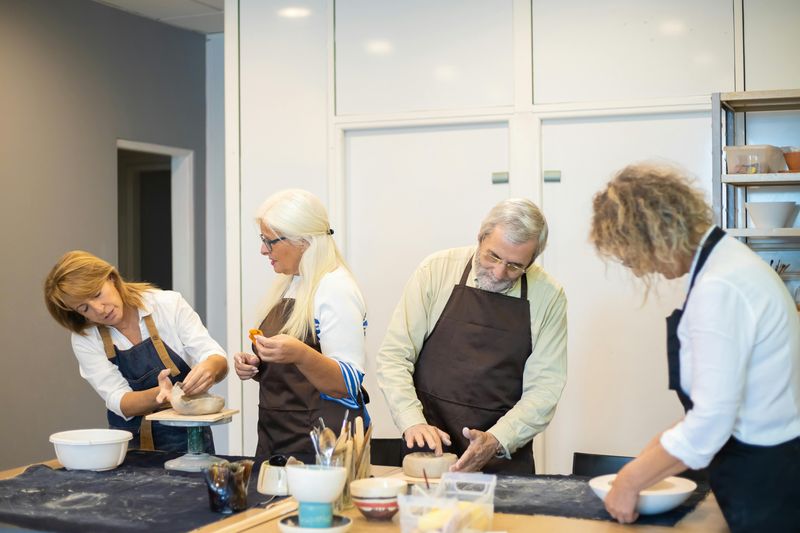
When you sign up for that pottery class or Spanish course you’ve been eyeing, you’ll meet others who share your curiosity and commitment to growth.
The structured nature of classes provides built-in conversation starters about the material, techniques, or challenges you’re all experiencing. Many adult education programs intentionally incorporate social elements, recognizing that community is part of the appeal.
Community colleges, recreation centers, art studios, and cooking schools all offer adult-friendly courses. The best part? Even if you don’t make lifelong friends, you’ll walk away with new skills and experiences worth having.
4. Volunteer Your Time
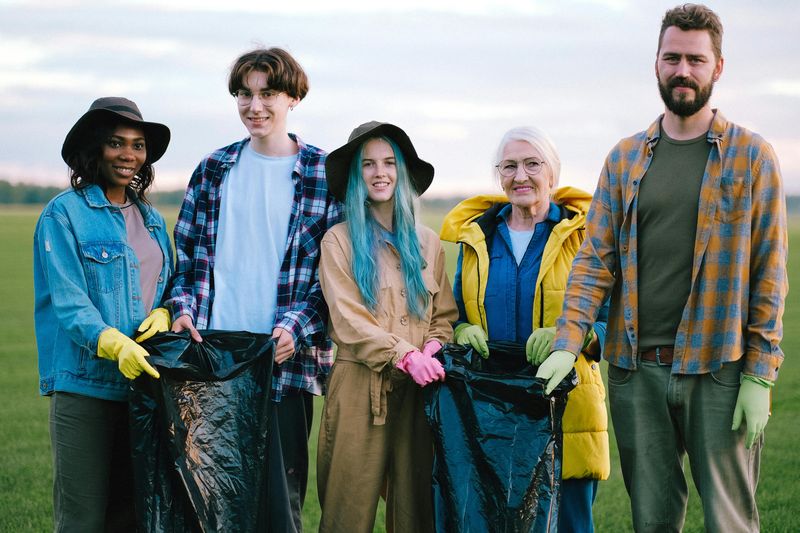
Giving back connects you with big-hearted people who share your values. Animal shelters, food banks, hospitals, and community gardens all rely on volunteers and create environments where meaningful relationships naturally form.
Working side by side toward a common goal builds bonds quickly. You’ll meet people from different backgrounds united by shared purpose, creating rich opportunities for friendship across typical social boundaries.
Regular volunteering schedules mean you’ll see the same faces consistently, allowing relationships to develop naturally. Plus, the satisfaction of making a difference boosts your mood and energy, making you more approachable and open to new connections.
5. Attend Community Events

Your town calendar likely brims with opportunities to mingle. Farmers markets, craft fairs, concerts in the park, and neighborhood block parties all create relaxed settings where striking up conversations feels natural and expected.
Community events have a wonderful low-pressure vibe. You can engage as much or as little as feels comfortable, making them perfect for more introverted folks or those easing back into socializing.
Becoming a regular at these gatherings increases your chances of seeing familiar faces. That person you chatted with briefly about tomato plants at last week’s market might become a garden buddy when you bump into them again this week.
6. Explore Fitness Groups

The endorphin rush from exercise makes people more open and friendly, while shared challenges build bonds quickly.
Many fitness programs cater specifically to the 50+ crowd, offering modified activities that respect changing bodies while still providing effective workouts. Water aerobics, pickleball leagues, walking clubs, and gentle yoga classes tend to attract mature participants looking for both physical and social benefits.
The regular schedule of fitness groups ensures you’ll see the same faces consistently, allowing relationships to develop organically. Coffee meetups after class often become as important as the workout itself, transforming exercise partners into friends.
7. Try Online Communities for 50+

The internet has made it easier than ever to connect with people who share your stage of life, interests, and experiences. Online communities designed specifically for adults over 50 offer safe spaces to meet new friends, join discussions, and even plan meetups.
Platforms like Meetup, Facebook groups, or dedicated 50+ friendship forums allow you to engage at your own pace and comfort level. These spaces are especially helpful if you’re shy about approaching people in person, as they give you a chance to build rapport before meeting offline.
Many members use these groups to find walking partners, hobby buddies, or travel companions, turning virtual connections into real-world friendships. By exploring these digital communities, you can open doors to meaningful relationships without leaving home.
8. Get Involved in Faith or Spiritual Groups

Faith communities create natural bonds through shared values and regular gatherings. Beyond worship services, most religious organizations offer small groups, volunteer opportunities, and social events specifically designed to foster connection.
The multigenerational nature of these communities provides rich opportunities to form diverse friendships. You’ll meet people across age ranges while still finding plenty of peers in similar life stages.
Even if you’re not traditionally religious, many spiritual centers welcome seekers and those interested in contemplative practices. Meditation groups, interfaith dialogues, and spiritually-focused book clubs can provide meaningful connection without requiring specific religious commitments.
9. Travel with Group Tours

Group travel packages designed for mature adults combine the excitement of exploration with built-in companionship, creating perfect conditions for friendship.
Companies specialize in thoughtfully paced itineraries that appeal to experienced travelers. The concentrated time together – sharing meals, experiences, and sometimes challenges – accelerates relationship-building in ways everyday interactions rarely match.
Many travelers maintain connections long after returning home, planning reunions or future trips together. Even a weekend excursion to a nearby destination can spark friendships when you’re sharing the novelty and pleasure of discovery.
10. Attend Alumni or Professional Gatherings
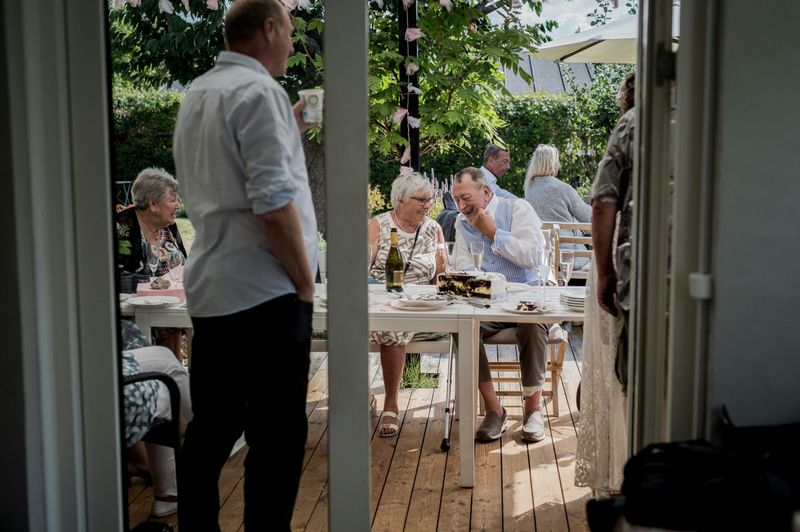
Your educational and career background provides ready-made connection points. Many colleges host regional alumni events specifically designed to bring former students together, regardless of graduation year.
Professional associations continue offering valuable networking long after retirement. Industry meetups, conferences, and special interest groups bring together people who understand your work experiences and speak your professional language.
The beauty of these gatherings lies in their built-in conversation starters. Discussing how your field has evolved or sharing stories about campus landmarks creates immediate rapport, making it easier to establish meaningful connections even if you’re meeting for the first time.
11. Say Yes More Often

Magic usually happens outside of our comfort zones. That neighbor’s dinner invitation or cousin’s art opening might seem skippable, especially after a long day, but each represents a doorway to potential new connections.
Social circles expand through ripple effects – your acquaintance’s friend becomes your friend, who introduces you to their walking group. Each “yes” multiplies your opportunities exponentially, while each decline represents unknown connections that never materialize.
Start small if needed. Accept the coffee invitation after church or join colleagues for the retirement celebration. Each positive experience builds confidence for the next one, gradually expanding both your social calendar and your circle of connections.
12. Start a Group Yourself
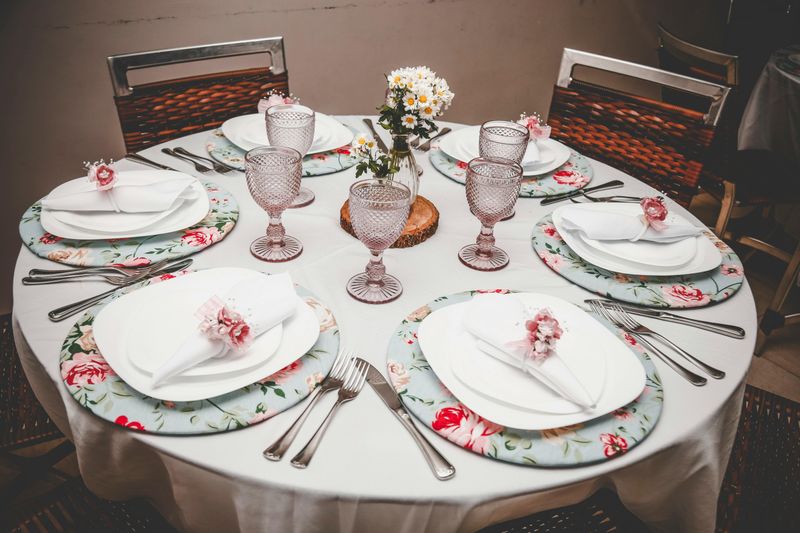
Sometimes the best club is the one you create. Founding a group around your interests gives you purpose while attracting like-minded people who appreciate your initiative.
Begin with something manageable – perhaps a monthly potluck, weekly coffee meetup, or neighborhood book exchange. Libraries, community centers, and online platforms like Meetup or Facebook make promoting your group surprisingly simple.
As organizer, you’ll naturally connect with every participant, placing you at the center of an expanding web of relationships. The leadership role also provides built-in conversation topics as you welcome newcomers and facilitate activities, making social interactions more purposeful and less awkward.
13. Explore Shared Hobbies
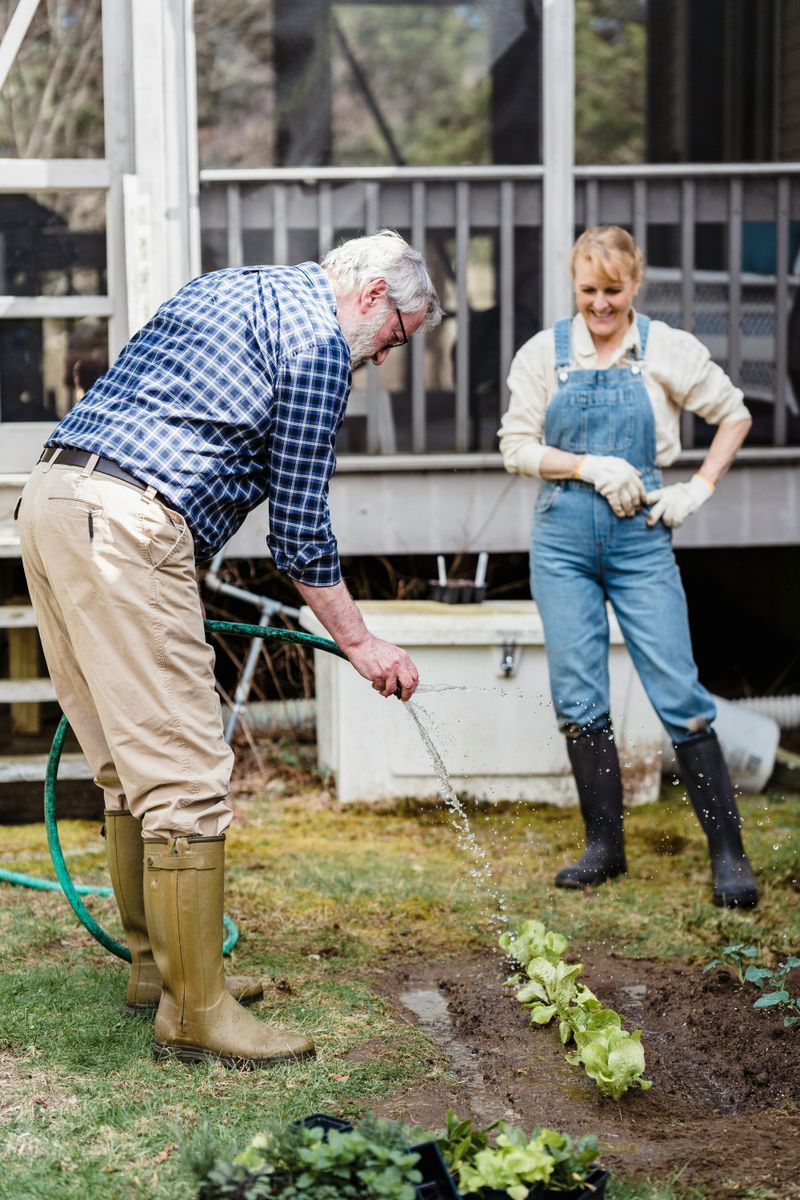
Whether you’re a lifelong knitter or just discovering photography, pursuing interests alongside others generates natural conversations and mutual appreciation.
Craft stores, music shops, and garden centers often host workshops or clubs. The focused activity gives everyone something to do with their hands and talk about, reducing social pressure while still fostering meaningful interaction.
Shared vocabulary and experiences emerge quickly among hobbyists. The joy of comparing techniques, recommending resources, or celebrating each other’s progress creates bonds that often extend beyond the activity itself into genuine friendships based on mutual support and understanding.
14. Use Social Media Mindfully

Social platforms can serve as bridges to real-world connections when used strategically. Facebook groups organized around local interests or neighborhood concerns often host in-person gatherings, turning online acquaintances into actual friends.
Apps like Meetup exist specifically to help people with shared interests find each other offline. The digital introduction reduces initial awkwardness when you finally gather for that hiking expedition or cooking class.
Reconnecting with old friends through social media often leads to rekindled relationships. That high school acquaintance who now lives across town might become a regular lunch date, while the former colleague who shares your newfound interest in gardening could become your plant-shopping buddy.
15. Practice Patience and Consistency

Meaningful friendships develop gradually, especially in midlife when people have established routines and commitments. Showing up regularly at the same places creates familiarity that slowly transforms acquaintances into friends.
Small gestures matter enormously. Remembering names, following up on mentioned concerns, and offering genuine interest in others’ lives demonstrates your reliability and sincerity.
Don’t get discouraged if connections develop more slowly than expected. Quality friendships often begin with casual conversations that deepen over months of consistent interaction. Your patience will be rewarded with relationships built on genuine understanding rather than convenience or circumstance.

Comments
Loading…